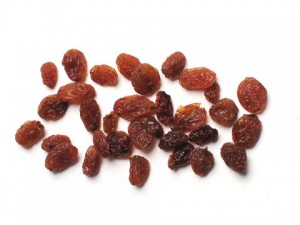Because so many of you blog-readers love stories about my mom, here’s a bit of info. As you read between the lines, you’ll see how she came to be the colorful person she was.
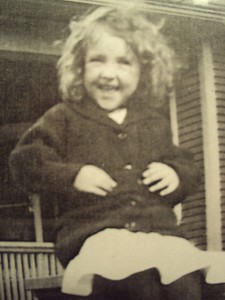 Mom was born at home in 1912, arriving just before Christmas. Because she was a month premature, she wasn’t healthy, so the doctor told her parents not to name her. That way when she died, he said, they wouldn’t be too attached. And so she remained “Baby” through December and into 1913. By St. Patrick’s Day her father, a full-blooded Irishman, nicknamed her “Pat” after the holiday and called her that the rest of his years.
Mom was born at home in 1912, arriving just before Christmas. Because she was a month premature, she wasn’t healthy, so the doctor told her parents not to name her. That way when she died, he said, they wouldn’t be too attached. And so she remained “Baby” through December and into 1913. By St. Patrick’s Day her father, a full-blooded Irishman, nicknamed her “Pat” after the holiday and called her that the rest of his years.
Eventually they named her Evelyn Pauline after an older brother, Everett Paul, who had died at the age of 8 in a school yard accident.
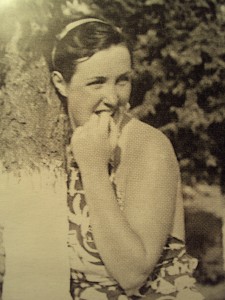 Growing up during the Depression, she learned to pinch a penny with expertise and made sure we could, too. She married a shy, 42 year old Swede when she was 28. Unable to wait until he popped the question, she proposed to him instead.
Growing up during the Depression, she learned to pinch a penny with expertise and made sure we could, too. She married a shy, 42 year old Swede when she was 28. Unable to wait until he popped the question, she proposed to him instead.
When asked what she wanted as a housewarming gift, she said, “Toys for children who might visit us.” Before she had any of her own kids, she made friends with all the neighborhood children, and even while in labor with her first baby, she delayed leaving for the hospital to pass out homemade cookies up and down the block.
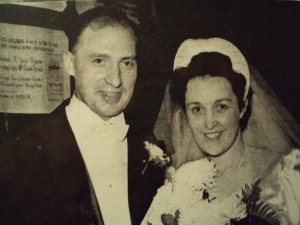 After having two little girls born 20 months apart, Mom was expecting a third when she began hemorrhaging and was rushed to the hospital. After being given the wrong blood type from an inaccurately labeled bottle, she nearly died. But God had other plans for Evelyn Pauline Pat James Johnson.
After having two little girls born 20 months apart, Mom was expecting a third when she began hemorrhaging and was rushed to the hospital. After being given the wrong blood type from an inaccurately labeled bottle, she nearly died. But God had other plans for Evelyn Pauline Pat James Johnson.
Although doctors cautioned Mom not to become pregnant again, our brother Tom came along on Dad’s 50th birthday, a definite bonus to all of us. To this day I think Mom tricked Dad, since she’d wanted nothing more than a houseful of children. Eventually she got her wish with 17 grandchildren, all living local and all in love with their grandma.
 Mom viewed children as marvels to be cherished, protected and admired. She never encountered a child she didn’t approve of and although her influence rubbed off on them, her greatest joy came when theirs rubbed off on her.
Mom viewed children as marvels to be cherished, protected and admired. She never encountered a child she didn’t approve of and although her influence rubbed off on them, her greatest joy came when theirs rubbed off on her.
She also loved music and practiced piano daily. In her teens she taught lessons, in her thirties played the four-keyboard organ for Moody Church, and in her prime accompanied enough weddings and funerals to put us through college, though she always gave the money back to the bride instead.
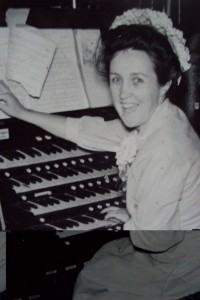 Mom memorized entire books of the bible, taught high school Sunday school for decades, and conducted in-home Bible studies throughout her married life. But she also loved a good practical joke and made frequent use of her whoopee cushion, plastic vomit, and artificial dog poop. No wonder kids loved her.
Mom memorized entire books of the bible, taught high school Sunday school for decades, and conducted in-home Bible studies throughout her married life. But she also loved a good practical joke and made frequent use of her whoopee cushion, plastic vomit, and artificial dog poop. No wonder kids loved her.
Dad used to say Mom was a risk-taker. Tomorrow I’ll prove it.
“A cheerful heart is good medicine.” (Proverbs 17:22)




